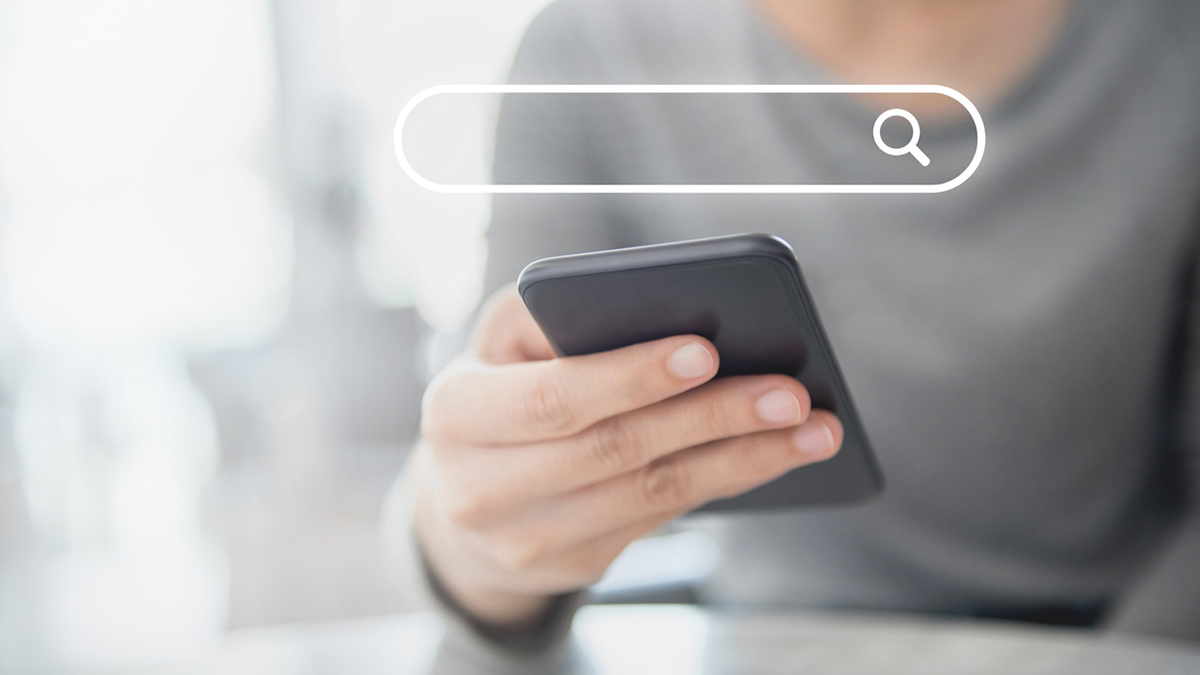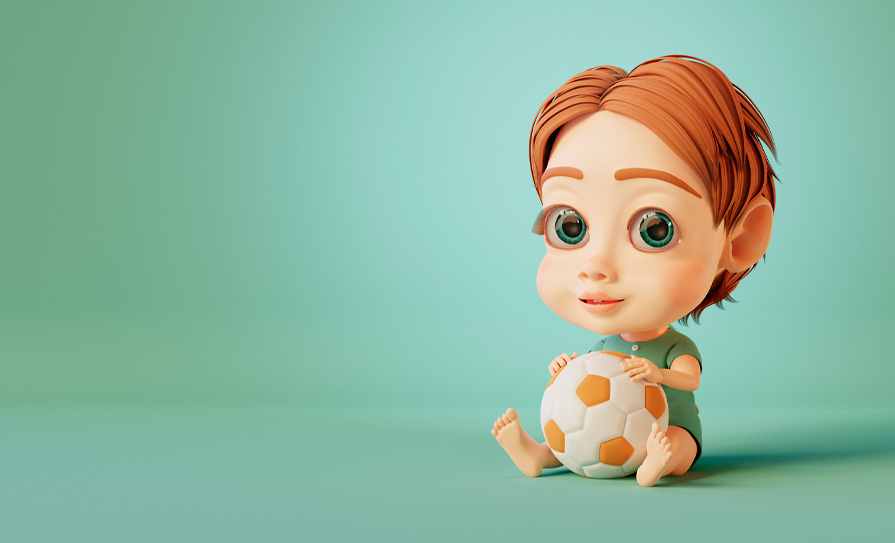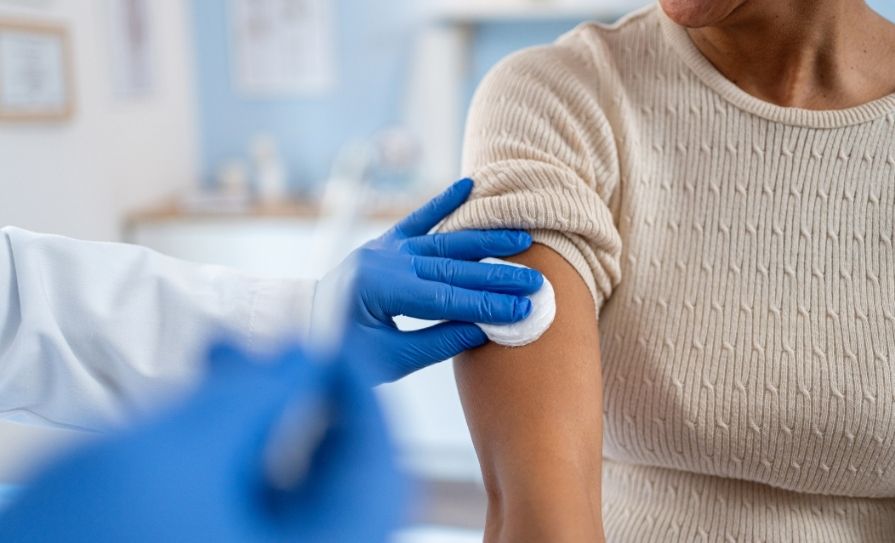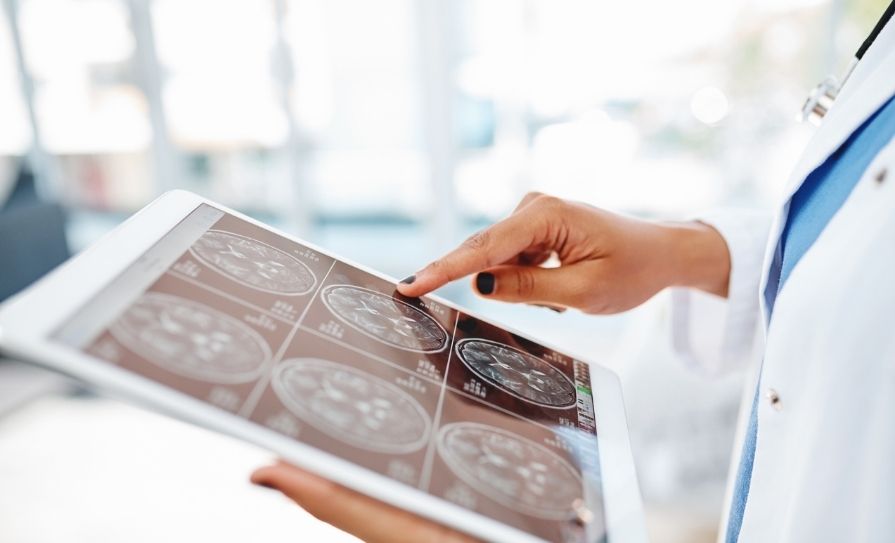The Covid-19 pandemic has made many aspects of face-to-face research impossible for the foreseeable future, pushing researchers to explore remote ways of continuing their research and collecting data. But even before the pandemic, a seismic shift in this direction was already taking place in the field of brain health.
Traditional methods in mental health and dementia research would normally see research participants visit a lab to perform tests, leading to difficulties in enrolling large enough samples of people to yield compelling and reproducible datasets. Researchers who are trying to identify what predisposes the brain to develop depression or dementia and how and why the brain changes in these disorders need thousands of participants to yield conclusive results.
Now scientists at the Global Brain Health Institute (GBHI) at Trinity College Dublin hope to tackle this problem using a new smartphone app to carry out a range of major research projects designed to tackle the brain basis of disorders of the mind — from the most widespread mental health disorders like depression and anxiety, to dementia.
The new app, titled ‘Neureka’, was launched recently and is a collection of research studies delivered through brain games and self-reflection challenges that allow users to have fun and learn about themselves, while also playing a major part in cutting-edge scientific research. Among several research studies delivered through the app, one will help the team at GBHI to identify modifiable risk factors for disorders of the mind — things that individuals and policy-makers can do to prevent people from developing these potentially devastating conditions.
Dr Claire Gillan, GBHI Faculty, Assistant Professor of Psychology at Trinity and Principal Investigator, said: “We simply cannot have 20,000 people come into our lab to do an experiment — it’s not feasible, let alone have them come in once a week for several months. This new technology allows us to track, for the first time, how cognition evolves over time and in concert with changes in life circumstances and one’s mental health. It’s these time courses that are going to allow us to ask the most important, but difficult to address, questions around cause and effect.”
Using their smartphone to complete challenges, users can play brain games and anonymously and confidentially share their personal experience of mental health with the GBHI research team. By using the app, they can play a significant part in fighting disorders of the brain.
Dr Gillan concluded: “The goal here is to understand all the different ways people keep their brains healthy. The app is for everyone — those who personally struggle with their mental health, have family risk, or have no problems whatsoever. Whoever you are, your data is a crucial part of the puzzle and will help us build the most detailed models possible of what we can and cannot control in the fight against disorders of the mind.”
Neureka is available for free download on the App Store and Google Play Store.







